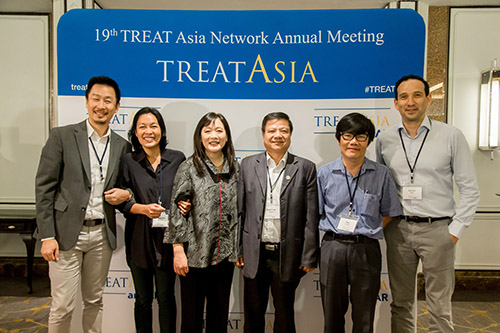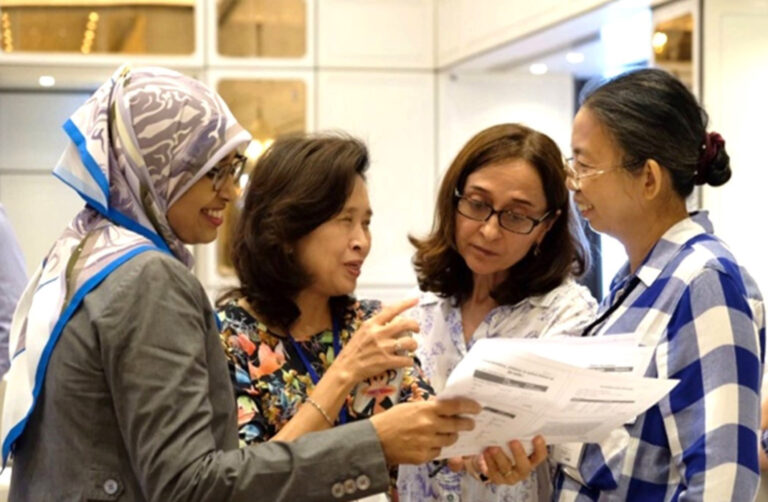NIH Award Reaffirms TREAT Asia’s Collaborative Leadership on HIV/AIDS in the Asia-Pacific
Five-year $14.5 million award will support efforts to integrate clinical care and research and target vulnerable communities
The landscape of HIV/AIDS in the Asia-Pacific region is a patchwork quilt of progress made and progress stalled. The region has struggled to keep up with global efforts to end AIDS as a public health threat by 2030. While countries like Cambodia and Thailand are close to reaching treatment targets set by UNAIDS, only 60% of all people living with HIV in the Asia-Pacific region are on lifesaving antiretroviral therapy. And with high burdens of hepatitis B and C and tuberculosis, and the emergence of COVID-19, there is increasing local competition for limited health resources.

For 20 years, amfAR’s TREAT Asia program has been working with partners across the region to expand access to treatment for HIV and related conditions such as hepatitis C and improve standards of care. Those efforts have been given a boost with a five-year $14.5 million grant from the U.S. National Institutes of Health. The grant represents the fourth successive round of funding for a partnership between TREAT Asia and the Kirby Institute at the University of New South Wales (UNSW), Sydney, Australia.
The award will provide core funding for TREAT Asia and its network of more than 50 research institutions and community organizations in 13 countries across the Asia-Pacific. It will also enable TREAT Asia and the Kirby Institute to continue to direct the Asia-Pacific section of a longstanding global research consortium called IeDEA – International epidemiology Databases to Evaluate AIDS.

“This award is a reaffirmation of the value and the quality of our work and we’re deeply grateful to the NIH,” said TREAT Asia Director Dr. Annette Sohn, who is Co-Principal Investigator for IeDEA Asia-Pacific with Professor Matthew Law of the Kirby Institute. “In order to achieve long-lasting health gains for people living with and at risk for HIV in the Asia-Pacific, data-driven public health approaches are essential.”
The infusion of funding will enable IeDEA Asia-Pacific to study the effects of HIV, co-infections, and co-morbidities on long-term HIV treatment outcomes in order to inform clinical practice and public health policy in the region. Research also will assess strategies to improve HIV-related treatment and prevention service delivery for high-risk and vulnerable populations. Data from the research program will guide efforts to achieve and sustain long-lasting health gains for people living with and at risk of HIV in the Asia-Pacific.
More information about the IeDEA program can be found at IeDEA.org.
Share This:
